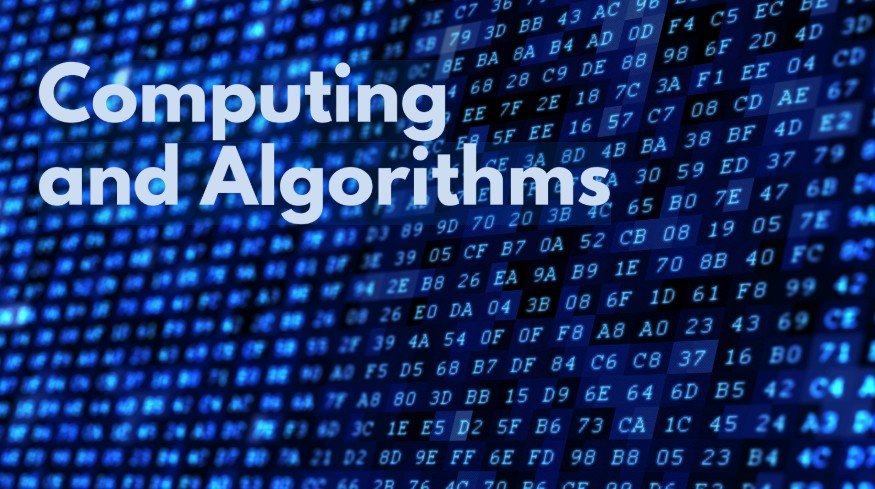Title: NIST Physicist Proposes Universe as a Cosmic Computer
Summary:
National Institute of Standards and Technology physicist Stephen Jordan has proposed a fascinating theoretical concept: considering the universe itself as a cosmic computer. Over its 13.7 billion-year history, the universe has undergone a complex computational process governed by the laws of physics, similar to how modern computers simulate complex changes.
Jordan applied this idea to the computationally intensive partitioning problem – dividing a pile of millions of very large numbers into two equal piles. He found a surprising physical analogue to a partitioning solution in the universe’s near zero energy density background, also known as the cosmological constant by Einstein. This low energy density suggests the universe found a balance between energies from fundamental forces, resulting in stable material existence.
Jordan’s research raises intriguing questions: if the universe can find a partitioning solution for its own creation, could there be other complex computational problems the cosmos itself offers insights into? This theoretical concept opens up new possibilities for understanding the universe’s computational capabilities and their potential applications in quantum technologies and beyond.
Source: https://www.nist.gov/news-events/news/2017/11/what-computational-power-universe
Keywords: cosmological constant, partitioning problem, universal computation


